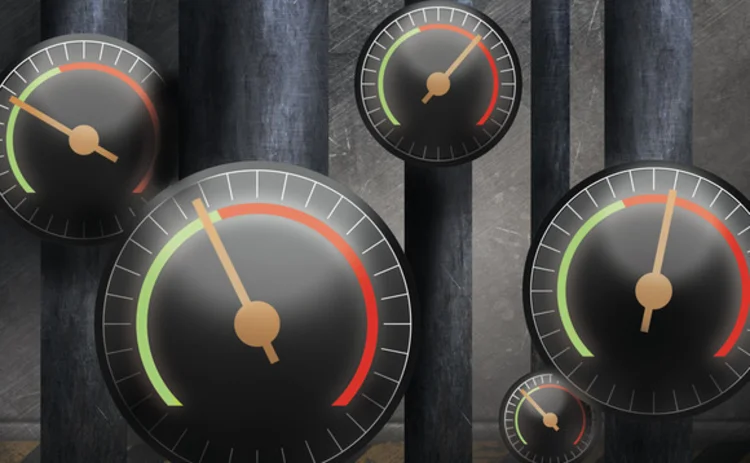
Standard stress tests could create more risk, CCPs warn
CPMI and Iosco aim to develop a standard stress test for CCPs, but market participants say the devil will be in the detail

Standardised stress testing of clearing houses – while attractive in principle – may drive risk management standards to the lowest common denominator and make the financial system riskier, clearing houses warn.
"Standardised stress testing is desirable, but the issue is the detail as to how this is done," said David Weisbrod, chief executive of LCH.Clearnet's US business, who was speaking at a conference yesterday.
Crafting a standard stress test that can be applied across jurisdictions and
Only users who have a paid subscription or are part of a corporate subscription are able to print or copy content.
To access these options, along with all other subscription benefits, please contact info@risk.net or view our subscription options here: http://subscriptions.risk.net/subscribe
You are currently unable to print this content. Please contact info@risk.net to find out more.
You are currently unable to copy this content. Please contact info@risk.net to find out more.
Copyright Infopro Digital Limited. All rights reserved.
As outlined in our terms and conditions, https://www.infopro-digital.com/terms-and-conditions/subscriptions/ (point 2.4), printing is limited to a single copy.
If you would like to purchase additional rights please email info@risk.net
Copyright Infopro Digital Limited. All rights reserved.
You may share this content using our article tools. As outlined in our terms and conditions, https://www.infopro-digital.com/terms-and-conditions/subscriptions/ (clause 2.4), an Authorised User may only make one copy of the materials for their own personal use. You must also comply with the restrictions in clause 2.5.
If you would like to purchase additional rights please email info@risk.net
More on Risk management
Diversification of LDI liquidity buffers sparks debate
Funds using credit assets to top up collateral waterfall, but some risk managers are sceptical
Transforming stress-testing with AI
Firms can update their stress-testing capability by harnessing automated scenario generation, says fintech advocate
Basel stops short on wrong-way risk
New guidelines a step in right direction, but experts warn they won’t prevent another Archegos
On resilience risk, banks prepare to let the bad times roll
Lenders bolster first-line teams and upskill boards as compliance with new rules bites
Complex EU active account reporting could drive trades out of UK
Draft Emir rules might not force large volumes to move to EU, but will make compliance difficult
Strategies for navigating market volatility in the post-US election landscape
This article examines the key themes of a recent webinar, sponsored by S&P Global Market Intelligence, on market volatility following the US election, including inflation risks, commodities, geopolitical uncertainty, ESG considerations and the role of…
Risk.net’s top 10 investment risks for 2025
Fresh concerns this year include a trade war, a stock market crash and growing social discord
For banks, change risk is inevitable; managing it, optional
Regional bank survey shows steady growth of dedicated change risk functions and adoption of leading indicators







